
|
|
# 2023 SPLASH |
|
SPLASH employs advanced polarisation holographic imaging to identify microplastics in aquatic and airborne environments. Integrated with machine learning, it ensures intelligent, swift, and accurate microplastic detection. The system allows identification of discriminative physical features, such as morphology, transparency, phase, birefringence and more. Machine learning methods are then integrated for automatic image processing to achieve accurate and quick microplastic identification. SPLASH is a pivotal tool in addressing plastic pollution and promoting global environmental sustainability.
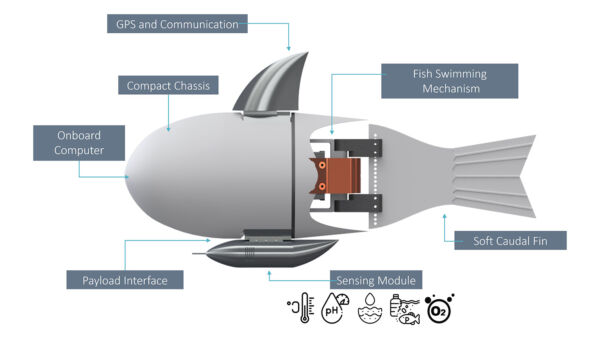
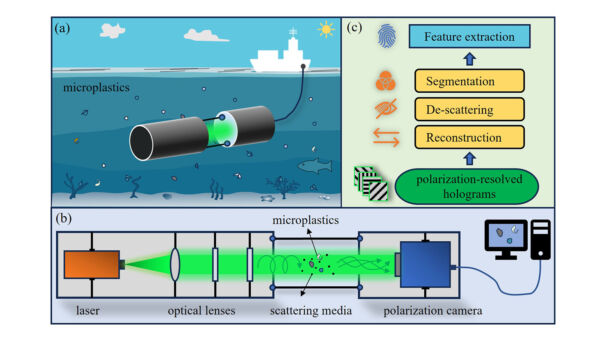
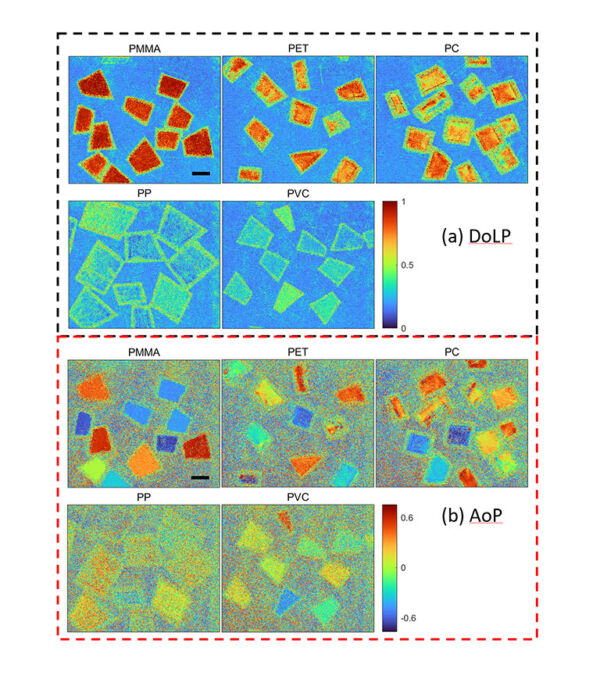
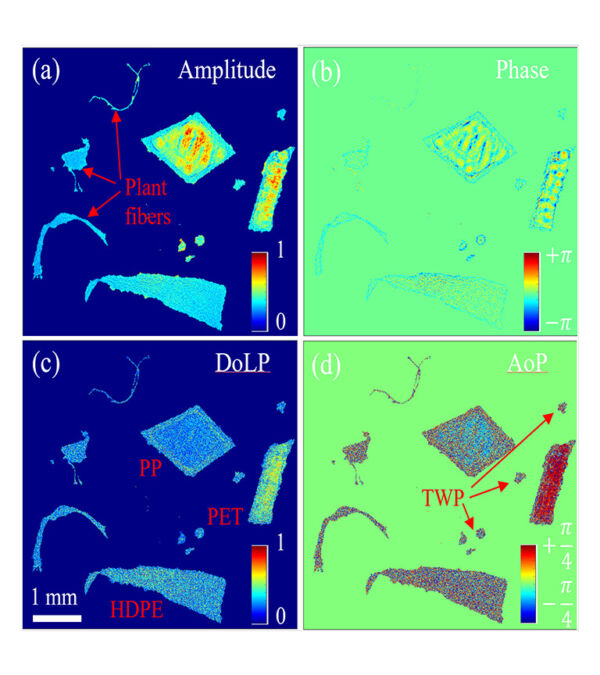
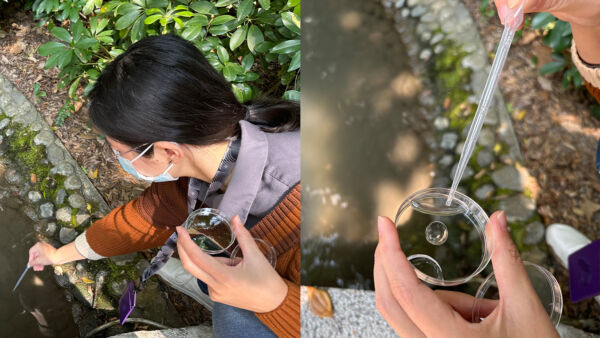
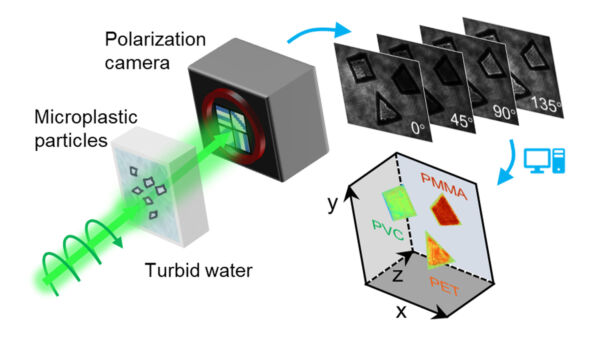
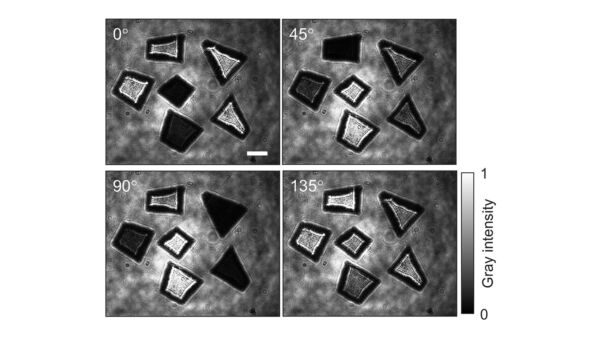
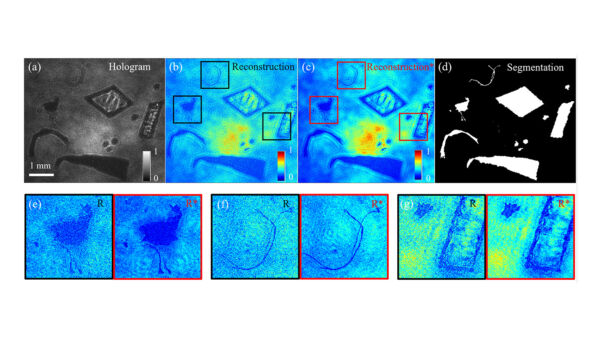
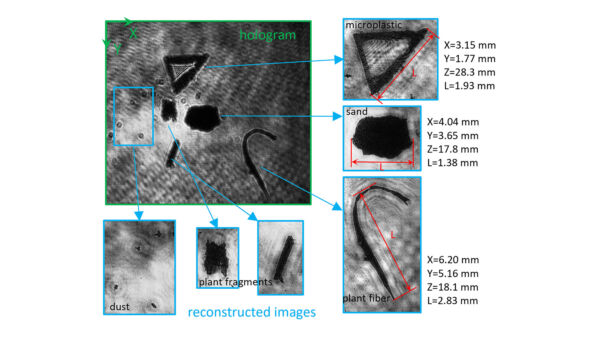
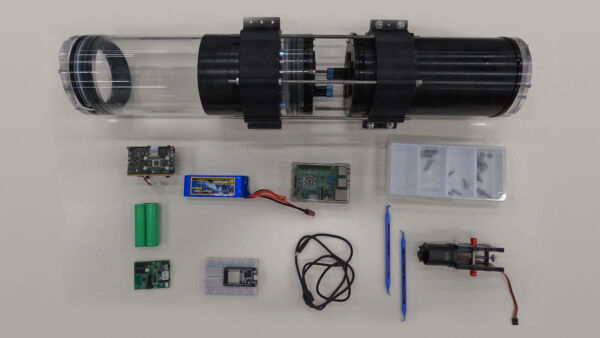


Revolutionising biomass production by turning noise into growth

Bio-based polyurethanes to replace harmful petrol-plastics

Mycelium blocks for temporary architecture solutions and prototyping
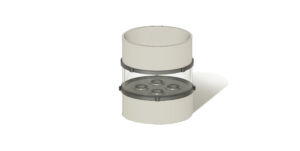
Universidad Autónoma de Nuevo León
Bioengineering solution to detect and degrade air pollution